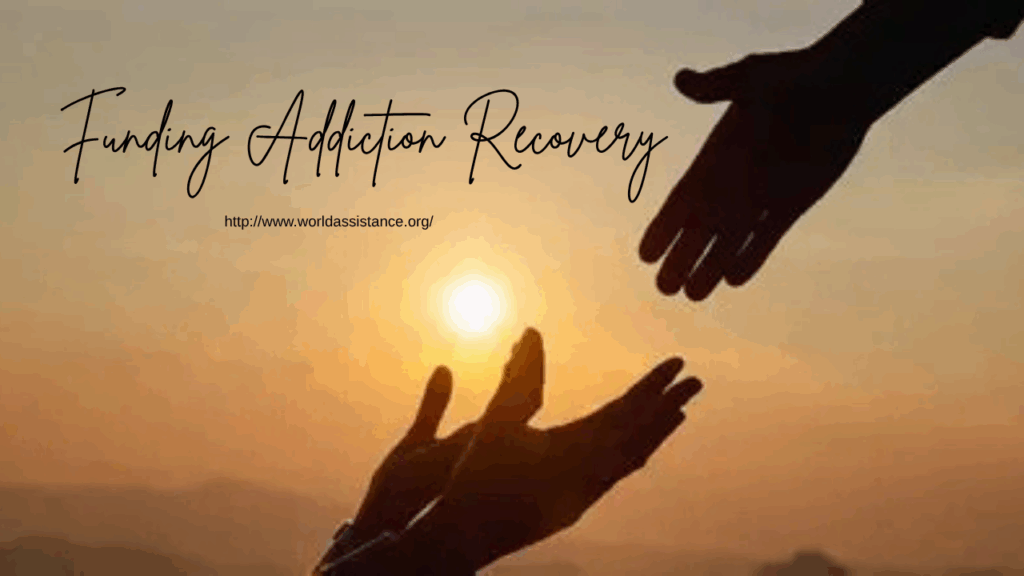
Addiction is a challenge that affects individuals, families, and communities across every continent. While recovery is possible, access to quality treatment often depends on funding. Around the world, international aid is playing a vital role in bridging this gap. By supporting addiction recovery programs financially, global organizations are helping people receive the mental health treatment, inpatient and outpatient care, and holistic healing they need to rebuild their lives.
The Global Need for Funded Recovery Programs
Substance use disorders impact millions, yet treatment resources are not distributed equally. In many regions, rehabilitation centers face financial constraints that limit their ability to provide comprehensive care. International funding helps fill these gaps by ensuring facilities can operate sustainably, hire qualified staff, and maintain essential treatment programs.
Organizations like World Assistance focus on compassionate, individualized care that meets people where they are. Funding from global partners allows them to offer both inpatient and outpatient treatment options, faith-based and holistic programs, and personalized plans that address each client’s unique needs.
How International Aid Strengthens Recovery Services
Expanding Access to Care
In lower-income areas, the cost of treatment can be a barrier for those in need. International aid makes it possible for recovery centers to subsidize fees, offer free treatment to vulnerable populations, and expand outreach to underserved communities.
Supporting Holistic and Faith-Based Healing
Many individuals benefit from recovery models that address not only physical dependence but also emotional, spiritual, and social well-being. With funding, programs can incorporate holistic therapies such as mindfulness, art, and fitness, as well as faith-based counseling for those who find strength in spirituality.
Investing in Professional Training
Effective treatment requires well-trained professionals. Aid funding supports ongoing education for counselors, therapists, and medical staff, ensuring they are equipped with the latest evidence-based techniques and cultural competency skills.
Building Sustainable Recovery Networks
International support helps develop community-based aftercare programs, peer support networks, and relapse prevention initiatives. These services are essential for long-term recovery and reducing the cycle of addiction.
Success Stories of International Support
In regions where aid has been directed toward recovery programs, measurable progress is evident. Treatment retention rates improve, relapse rates decline, and individuals are better able to reintegrate into society. Funded initiatives often spark partnerships between local agencies, non-profits, and healthcare systems, creating a stronger safety net for those seeking help.
Why Ongoing Funding Matters
Addiction recovery is not a short-term process. Sustained financial support ensures that programs remain accessible and effective over time. Without it, vulnerable individuals risk falling through the cracks, unable to access the help they desperately need.
Conclusion
International aid is more than a charitable gesture. It is a lifeline that enables treatment programs to offer high-quality, compassionate care to people worldwide. By funding addiction recovery initiatives, global partners help individuals reclaim their lives and create healthier, more resilient communities. If you or someone you know is struggling, reaching out to an organization like World Assistance can be the first step toward a brighter future.
